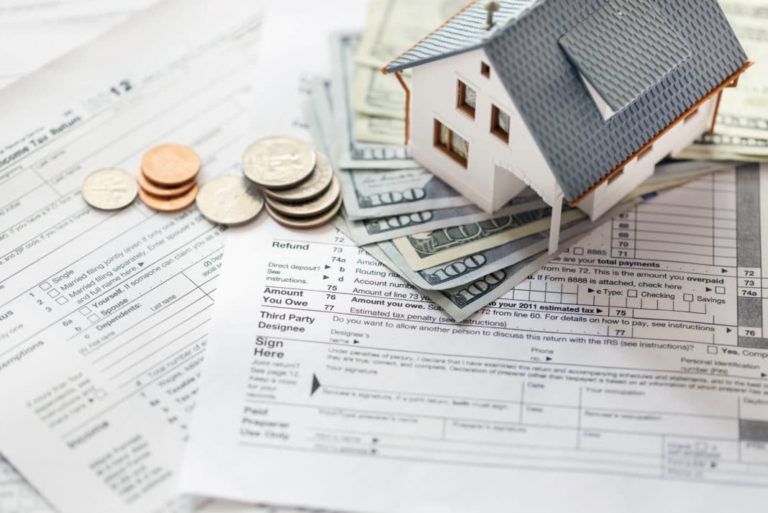Navigating the maze of real estate transactions can be daunting, especially when it comes to the intricacies of capital gains. Florida, with its sun-soaked beaches and vibrant communities, is a dream location for many property investors. But what happens when it’s time to sell?
Understanding Capital Gains
At its core, capital gains refer to the profits you reap from the sale of capital assets, which can range from stocks and bonds to, more commonly, real estate. Essentially, it’s the difference between the purchase price of your asset and the amount you sell it for.
In the context of real estate, if you bought a primary residence in Florida for $200,000 and later sold it for $450,000, your capital gain would be $250,000.
Florida Capital Gains Tax: The Basics
The good news for Florida residents is that the state does not impose its own capital gains tax. However, this doesn’t mean you’re off the hook. Federal taxes will still apply to the sale of your home or investment property in Florida.
How Federal Capital Gains Tax Works
The federal tax rate you’ll end up paying depends on a few key factors:
– Your federal tax bracket
– The duration of your ownership (short-term vs. long-term)
– Your filing status (e.g., single or married filing jointly)
If you’ve owned the property for less than a year, the short-term tax rate applies, which is generally equivalent to your standard income tax rate. But if you’ve owned the asset for more than a year, you’ll benefit from the lower long-term tax rate.
For example, if you fall into the 22% tax bracket and you’ve owned your Florida home for less than a year, a capital gain of $30,000 would be subject to a short-term tax of about $6,600. But if you’ve owned the home for over a year, the long-term tax could be just $4,500.
Primary Residence vs. Investment Properties
The IRS offers some relief for those selling their primary residence. Thanks to the “2 out of 5 year rule,” you can exclude capital gains up to $250,000 ($500,000 if you’re filing jointly with your spouse) if the home was your primary residence for at least two of the past five years.
However, this exemption doesn’t apply to second homes, rentals, or other investment properties. With these, it’s beneficial to hold onto the property for at least a year to avail of the lower long-term tax rate.
Avoiding Capital Gains Tax: Tips and Tricks
You might be wondering, “Are there legal avenues to bypass capital gains taxes in Florida?” While Florida doesn’t impose its own capital gains tax, you can leverage federal guidelines to minimize or avoid these taxes:
1. Make Use of the Primary Residence Exclusion: As mentioned, if you’ve lived in your home for at least two of the last five years, you can exclude a significant portion of your capital gains.
2. Consider a 1031 Exchange: This IRS provision allows you to defer capital gains taxes by reinvesting the proceeds from your property sale into a similar kind of investment within a specific timeframe.
3. Track Home Improvements: Money spent on improving your property can be subtracted from your capital gains. So, if you’ve renovated your Florida kitchen or added a pool, keep those receipts!
4. Seek Expertise: Engage with a real estate agent, especially one familiar with Florida’s property market. Organizations like Clever Real Estate can connect you with top-tier agents who understand the nuances of capital gains.
Conclusion
Florida may be free from state capital gains tax, but understanding federal implications is crucial. With strategic planning and the right knowledge, you can navigate the complex world of capital gains, ensuring you get the most out of your Florida property sale.

